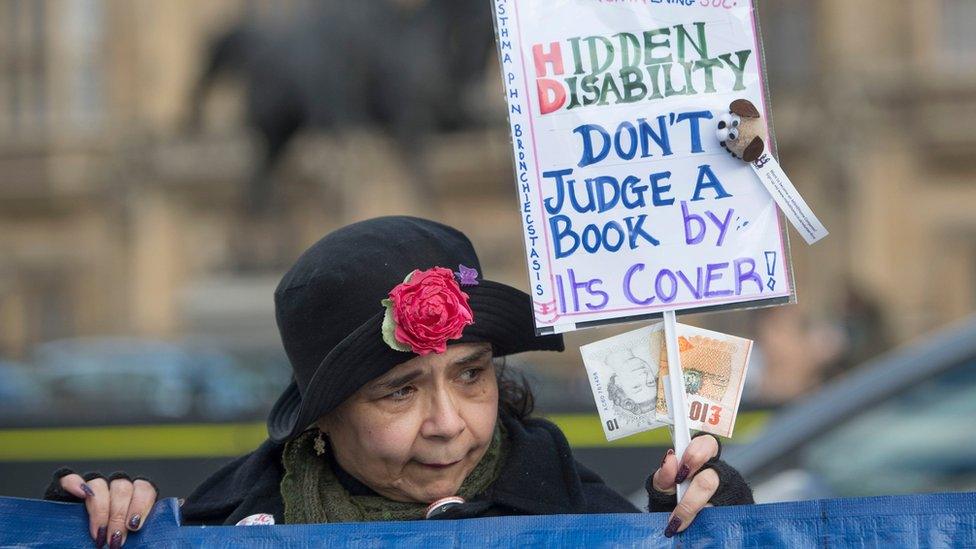'Why I went to court for my disability payments'
- Published
Debbie Wilson went to court to win back her disability payments.
The number of people going to court to try to win back a key disability benefit is expected to continue to rise this year, a leaked letter seen by the BBC suggests. We follow one woman who took her case to tribunal.
Debbie Neal was diagnosed with a rare kidney disease 10 years ago. She takes dozens of pills each morning to manage her symptoms - sickness, high blood pressure and seizures.
She may well need a transplant in future.
For the moment, she has to empty excess fluid from a tube attached to her stomach, and replace it with new liquid from a bag, five times a day.
"It is a burden," she tells the BBC's Victoria Derbyshire programme. "They say, 'Don't let it affect your life,' but you can only live your life to a point.
"I can't even remember what it was like not doing it."
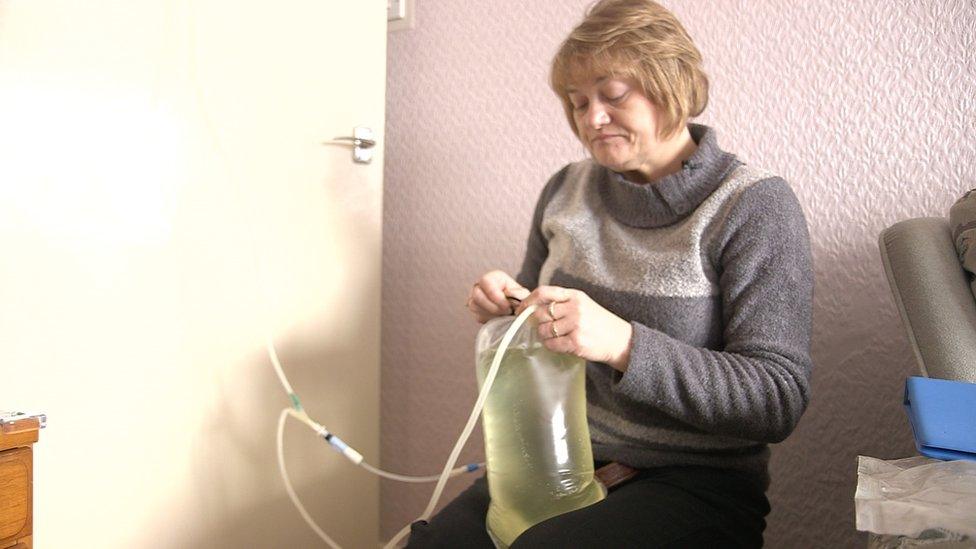
Five times a day Debbie has to take in liquid via a tube in her stomach
Debbie lives on her own, and works part-time as a cleaner. For years, she has relied on disability living allowance (DLA) benefit payments - worth £80 a week - to help pay the bills.
But last year a letter came in the post, saying her payments had been stopped completely.
DLA is being replaced by another disability benefit scheme - the personal independence payment (Pip).
Debbie's case had been reassessed by a private company and it was decided she did not need the payments.
"I was scared. I thought, 'Why are they doing it?'" she explains.
"You sort of judge yourself differently. You think, 'Well [my condition] can't be that bad then.'
"But they can't be right when I'm doing this all the time," she says, sitting connected to the bag of fluids.
"I mean, do they have to do it? How much would it disrupt their life?"

Find out more
Watch the Victoria Derbyshire programme on weekdays between 09:00 and 11:00 on BBC Two and the BBC News channel.

The government says overall it is spending more on disability benefits, and that Pip is a better system based on individual need than the "outdated" DLA scheme it replaced.
Official figures show more than 250,000 people have lost money in the switch from DLA, some with incurable diseases.
Debbie had been given an indefinite, or "life", payment under the old system.
After failing to get her case reviewed, she decided to go to a tribunal - in court - to ask a judge to overturn the decision.
'Assessors are rushed'
The number of people taking the government to court over Pip has risen sharply in recent years as more people were switched to the new benefit.
The Victoria Derbyshire programme has seen a leaked letter to tribunal judges - from a senior judge working on benefit tribunals - suggesting the number is expected to increase again this summer.
Around 65% of people who take their case to tribunal are successful, higher than for most other types of benefit.
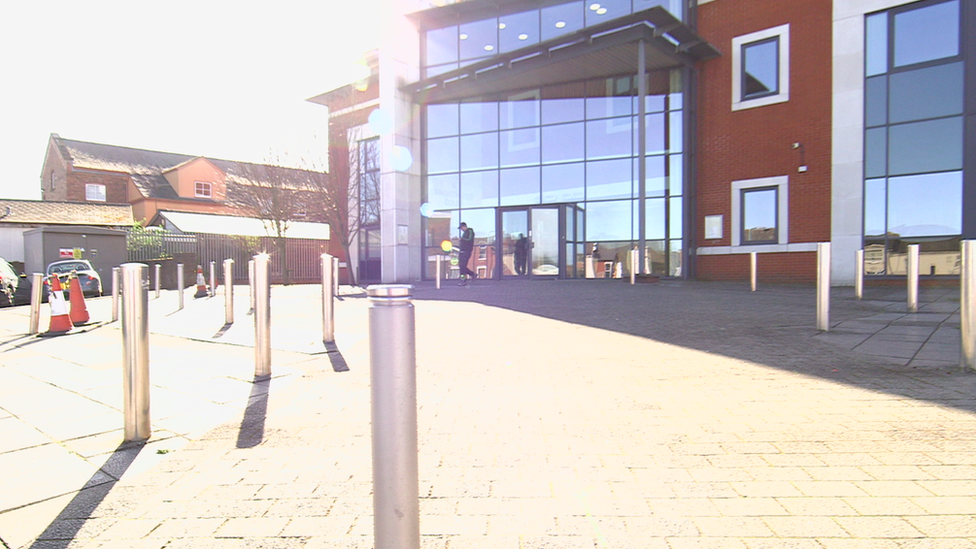
Debbie's case was heard at Kidderminster Magistrates' Court
When Debbie's case was heard at Kidderminster Magistrates' Court, she was questioned for around an hour in front of a panel including a judge, a doctor and a disability specialist.
Debbie was awarded the standard daily living element of Pip for 10 years - an unusually long period of time without reassessment. Any money she had lost was backdated.
New figures seen by the Victoria Derbyshire programme suggest the amount of public money spent on Pip tribunals stands at around £1m a week.
Judges and others who sit on tribunals can lose their jobs if they speak to the media, but some were prepared to talk on the condition of anonymity.
"As a tribunal member we often have to start again when it comes to appeals," said one.
"We often see people who get nothing at all in the first assessment. Then we end up giving the maximum award possible and just can't understand [the original decision].
"It's pretty obvious assessors are rushed and they are just copying and pasting answers.
"Sometimes they don't even change the pronouns, so you get a woman being described as 'he' in the assessment document.
"Not all are like that but the problem is, if some can't be trusted, then it taints the whole system."
'Great sense of injustice'
The government says since Pip was introduced, more than 2 million decisions have been made - of these 7% of cases have been appealed against and 3% overturned.
A spokeswoman for the Department for Work and Pensions said: "We constantly review our processes to make sure they are working in the best way possible."
For Debbie, the whole experience was stressful and nerve-racking, as she puts it, but ultimately she feels it was worthwhile.
"For people who are out there, who are honest and who need the help, just don't give up," she says.
Watch the Victoria Derbyshire programme on weekdays between 09:00 and 11:00 on BBC Two and the BBC News channel.
- Published22 November 2016
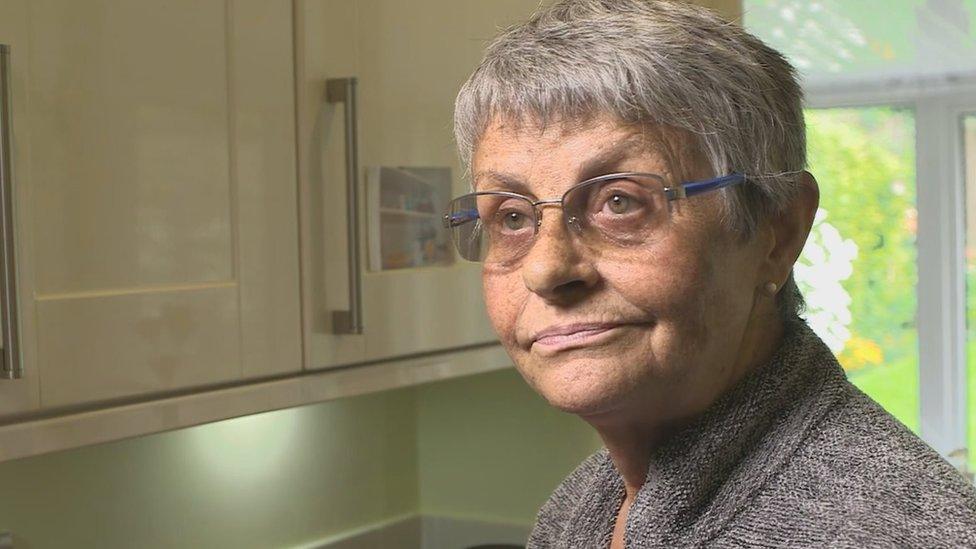
- Published26 February 2017
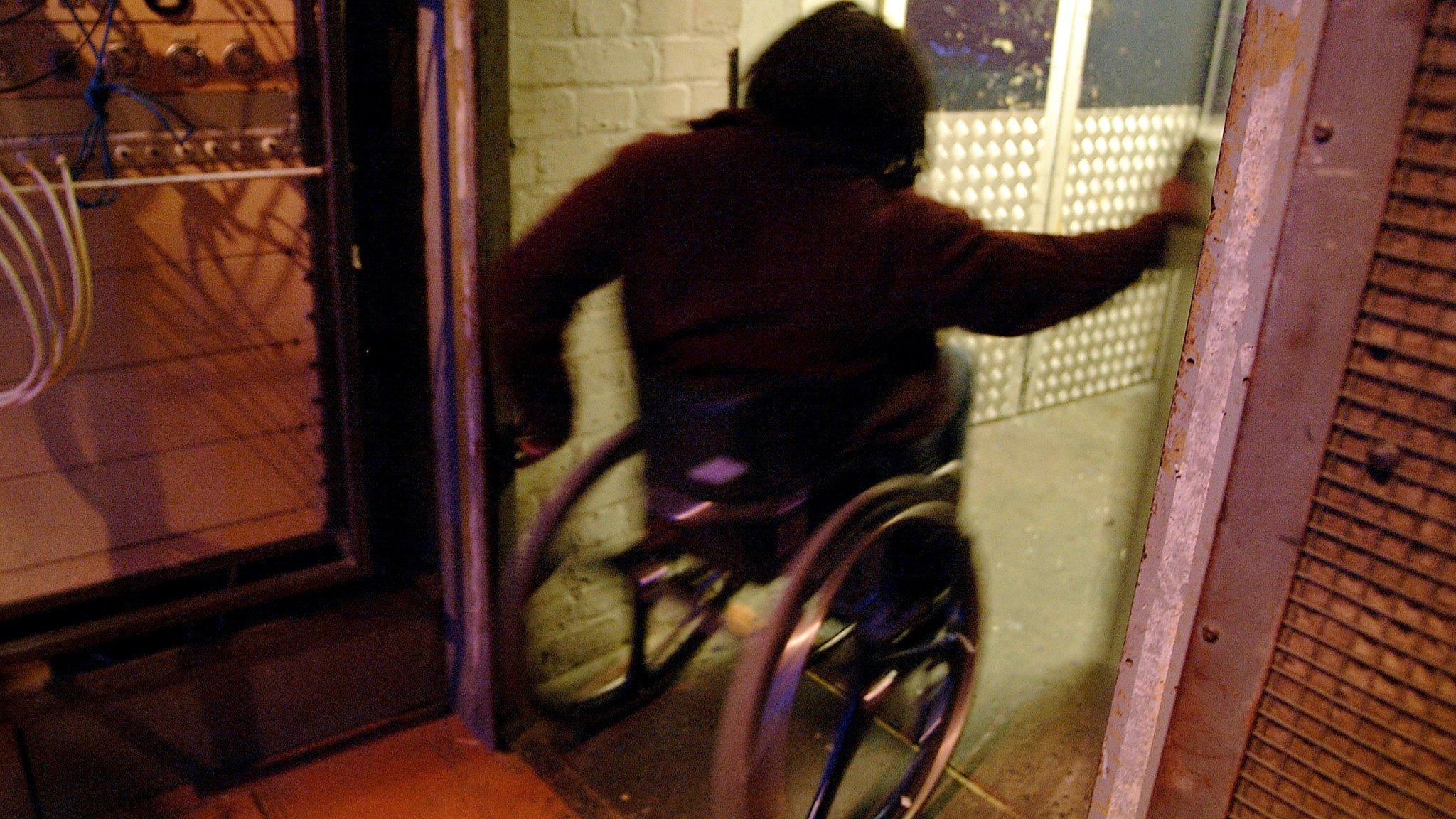
- Published30 March 2017
